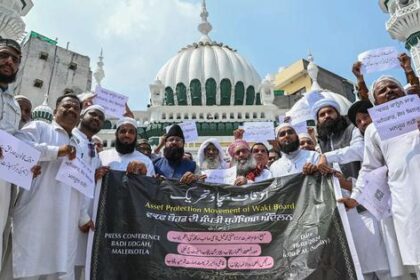Krasznahorkai recognized for his visionary work that underscores the enduring significance of art amidst crisis.
The 2025 Nobel Prize in Literature has been awarded to László Krasznahorkai, a Hungarian novelist and screenwriter, who is celebrated for his compelling and visionary body of work. The Swedish Academy selected Krasznahorkai for this prestigious honor, noting that his literature reaffirms the power of art even in the face of apocalyptic terror.
At 71 years old, Krasznahorkai becomes the second Hungarian writer to receive the Nobel Prize, following Imre Kertész, who was honored in 2002. The Nobel Prize is not just a recognition of a singular work, but rather an acknowledgment of the author’s entire oeuvre. It comes with a monetary award of 11 million Swedish kronor, equivalent to approximately $1.17 million or about Rs 10.4 crore.
The Nobel Prize website elaborates on Krasznahorkai’s literary style, describing him as a ‘great epic writer in the Central European tradition’, connecting his work to the legacies of notable writers such as Franz Kafka and Thomas Bernhard. His writing is marked by themes of absurdism and grotesque excess. Additionally, he incorporates influences from Eastern literary traditions, adopting a contemplative and finely calibrated tone in his narratives.
Krasznahorkai’s literary contributions include more than 15 works of fiction, alongside six screenplays. His debut novel, Satantango, published in 1985, is particularly notable, as is The Melancholy of Resistance, released in 1989. In recognition of his literary prowess, he was awarded the Man Booker International Prize in 2015, further solidifying his reputation as a significant figure in contemporary literature.
This year’s Nobel announcements follow the earlier revelations of winners in the fields of physics, chemistry, and medicine. The Nobel Peace Prize is set to be awarded on October 10, and the Nobel Prize in Economics will be announced on October 13. The formal presentation of the prizes will occur at a ceremony on December 10, commemorating the anniversary of Alfred Nobel’s death.
Further details are expected as agencies align on next steps and documentation.
Communication from officials often clarifies procedures, interim measures and any phased rollouts.
Local impact may differ by region; much depends on on-ground execution and coordination.
Stakeholders typically watch for clear timelines, responsibilities and implementation steps.








